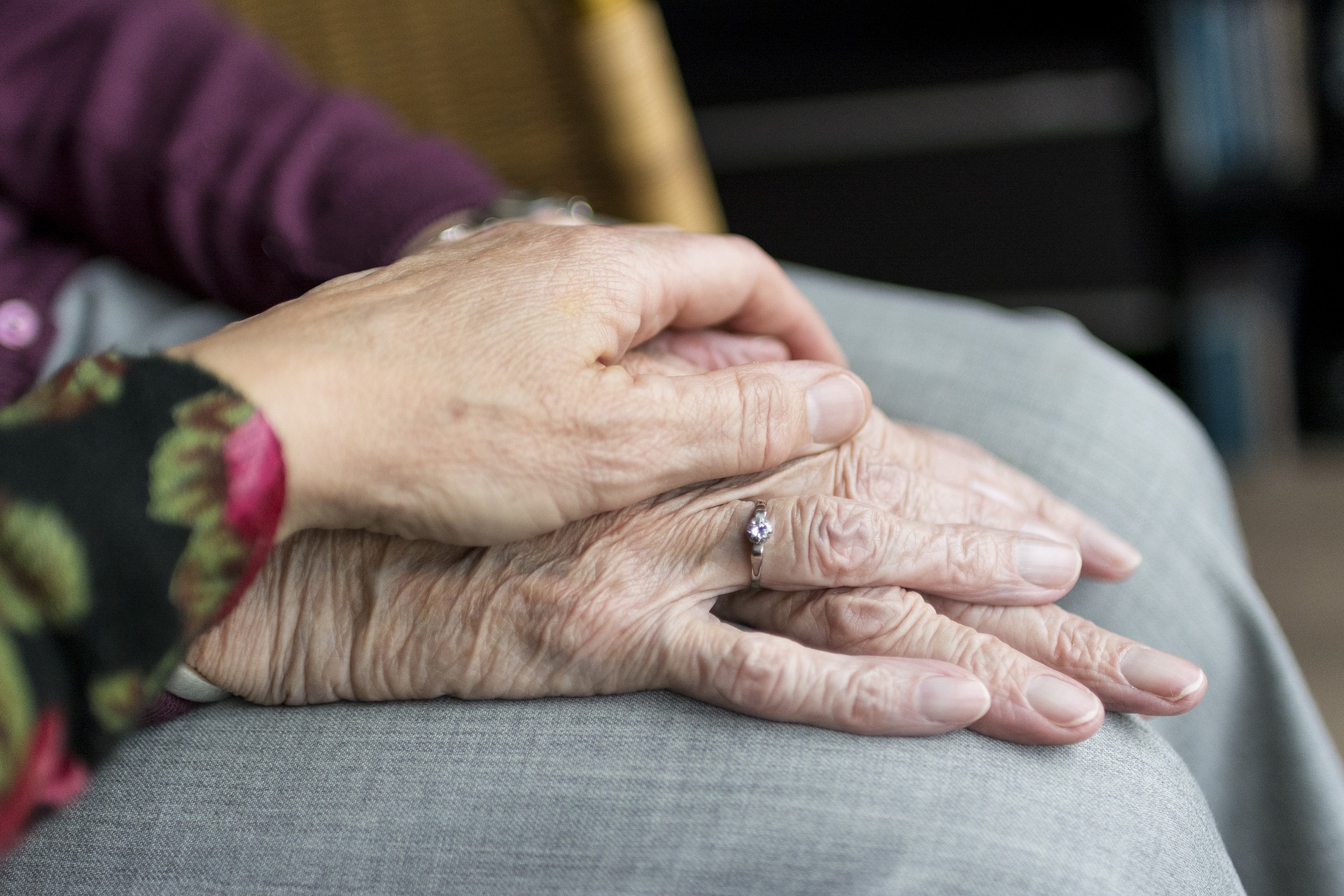
- BLOG
- Insights
Ageing parents: The space between protection and empowerment
“For human beings, life is meaningful because it is a story”, says Atul Gawande, author of Being Mortal. “And in stories, endings matter.” Through touching case studies and convincing scientific research, we learn what constitutes a good life until the very end.
The main message is that modern medicine is failing the aged with its intense focus on safety and prolonging life at all costs. By striving for these two goals, the health system removes any semblance of control that the individual has over their life. Their autonomy withers in favour of overprotection.
What caused this development in our relationship with senior citizens? Why does it threaten their livelihood and how can children balance their parents’ wellbeing with safety?
The swing from prestige to taboo
The independence afforded to senior citizens is a feature of modern life. This contrasts greatly to other times in history when they lived with their children and grandchildren in a multigenerational household.
Their status has also undergone a seismic shift, from revered guardians of knowledge to invisible, sometimes cumbersome, members of society. In fact, people used to pretend to be older because of the prestige associated with ageing, which is laughable now when age is associated with words such as “defying” and “anti”.
However, according to Gawande, due to economic development in the 1900s, both parents and children, began embracing “intimacy at a distance” with generations becoming more independent. Control and status were shared rather than placed solely on the shoulders of the elderly.
In addition, the expansion of medicine, science and hospitals provided ways to cheat death and when it did occur, it was hidden from public view. This further fuelled our thirst for more life and sparked the dawn of era where ageing is a problem to be solved by anyone other than the individual.
The dilemma of safety and autonomy
“Old age is a continuous series of losses,” said Felix, a geriatrician who tells Gawande about his own poignant experience of ageing. As we age, we are faced with an inevitable decline in our ability to perceive, interact and function within the world. Our hearing falters, our knees weaken, and our memory dissipates.
Such changes create tension in the parent-child relationship because they suggest the parent’s health and safety is at risk. The child becomes concerned about the possibility of their parent having a bad fall, failing to see a car coming as they cross the road or forgetting where they put the house keys.
The child’s default response in this instance is to protect their parent from harm. Sometimes this might include putting their parent in a home, hiring a full-time carer, or insisting the parent move in with them. However, while all this guarantees safety, it is at odds with autonomy.
It stifles a deep-rooted need: purpose. If we cannot be the author of our lives until the very end, then the end risks becoming meaningless. We must empower our parents so that they can continue holding the pen, and write the last chapter themselves.
This doesn’t mean children stop caring about their parents, rather they stop caring for their parents. In fact, by reducing the impulse to protect, we are showing that their independence is our priority too.
The path to balance
- Let them lead
It can be tempting to do things for ageing parents, but this may not only reduce their self-esteem and functioning to execute this task, but it puts more pressure on you to support them. Try doing these things alongside them rather than taking charge.
As AgingCare suggest: “Your goal should be to extend their independence, not encourage their dependence on you.”
- Tune in
It can be difficult to ask for help. If you notice them expressing anxiety or frustration with a task, gently offer to assist without forcing the issue. Ashley Huntsberry-Lett’s reminds us that it means a great deal to senior citizens just knowing someone cares.
However, if there is an immediate threat to their safety then step in, for instance, people with Alzheimer’s may not be aware their cognitive abilities have changed and try to continue their normal routine.
- Practice respect
As parents grow older, children can falsely conclude they no longer have a voice figuratively speaking. Children project their fears onto the world, rather than acknowledging the parent’s wants, needs, desires.
For instance, you might order food for them, assume they want you in the doctor’s office, speak with other relatives as though your parent isn’t there. Ageing undoubtedly has repercussions, but parents are first and foremost humans with a fundamental need for respect, especially as they grow older.
- Beware the subtleties
Clare Berman, author of ‘Caring for Yourself While Caring for Your Aging Parents’ wrote an article in the Atlantic which highlighted the more nuanced ways independence can be undermined.
Another temptation is to ‘test’ your parent’s abilities, but this can make them feel self-conscious. Or, weekly phone calls might function more as check-ups than genuine dialogue, which could make them feel under surveillance. Try to avoid these behaviours as they can damage trust in the relationship, and could lead to your parent withholding information about their wellbeing.
Wordcount: 854
Date: 22nd February 2023
